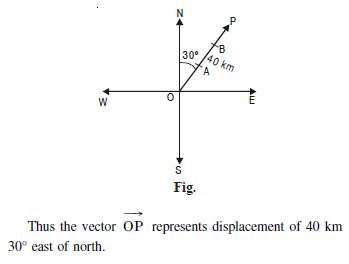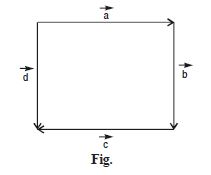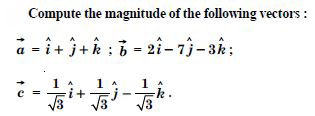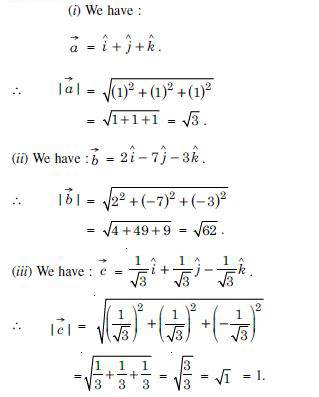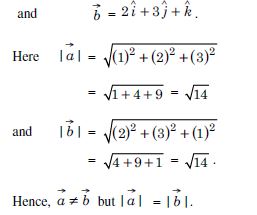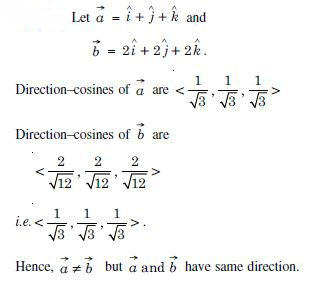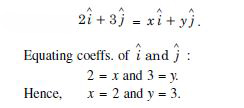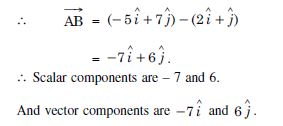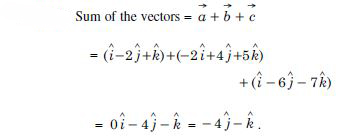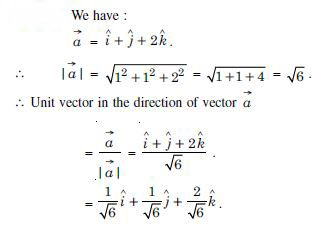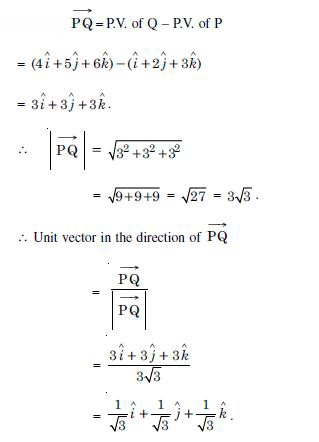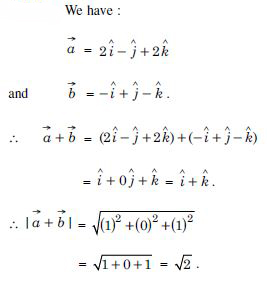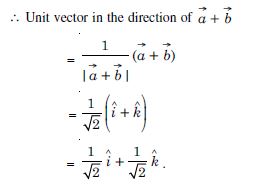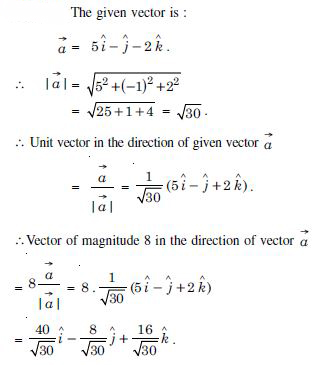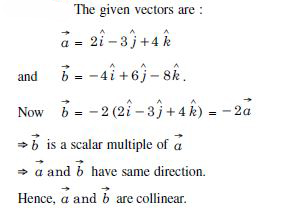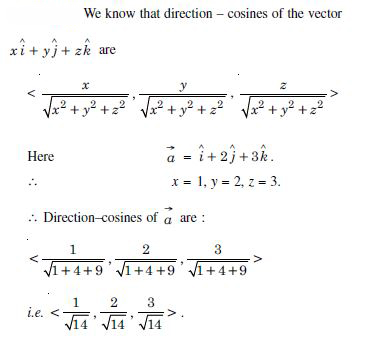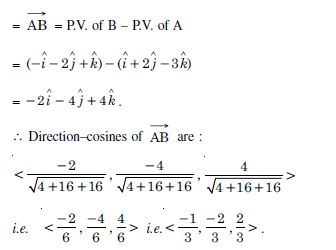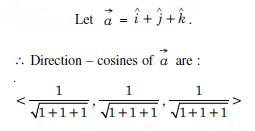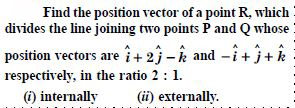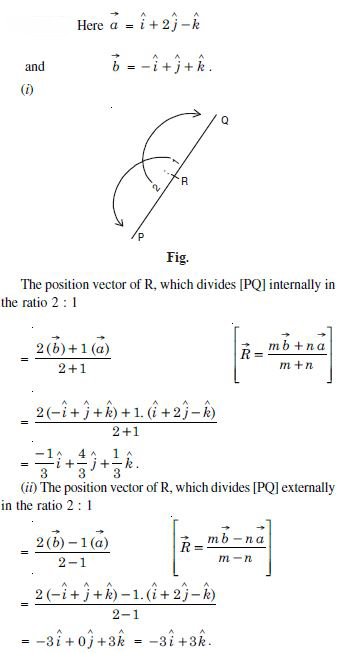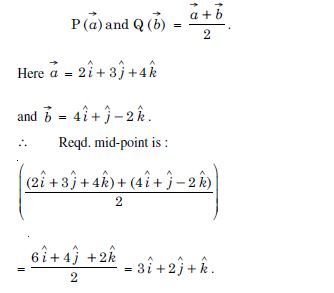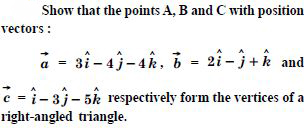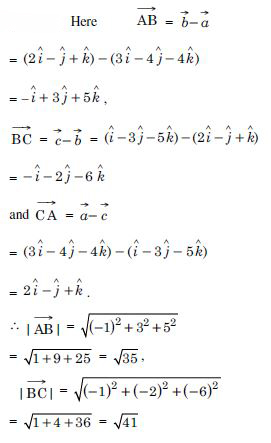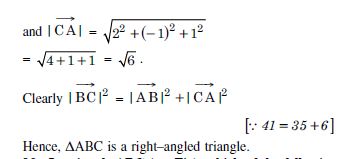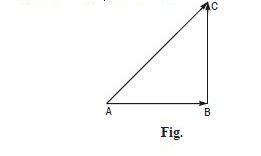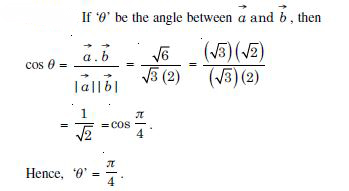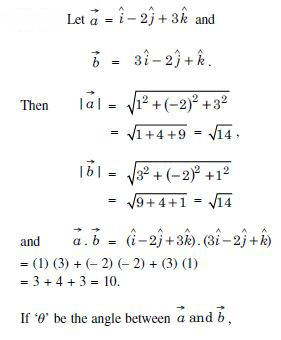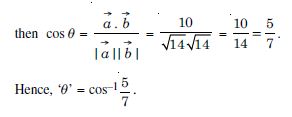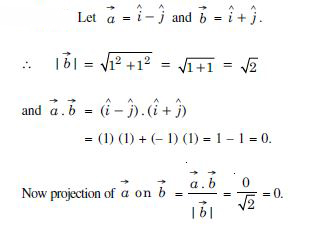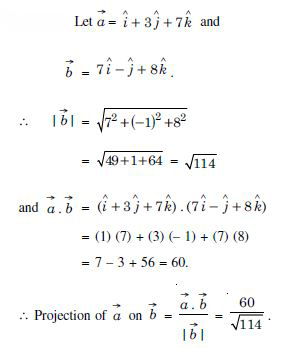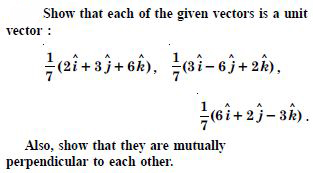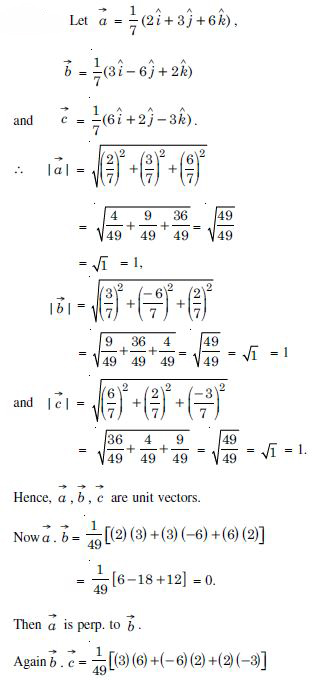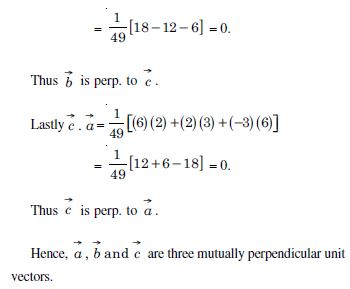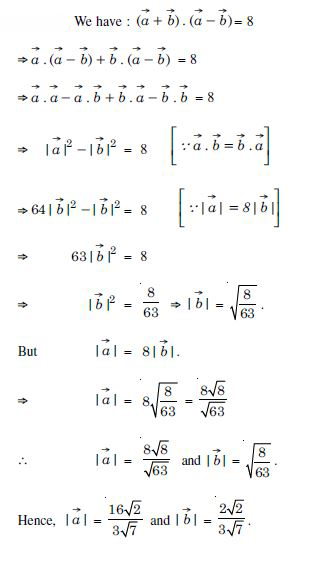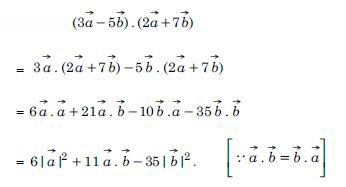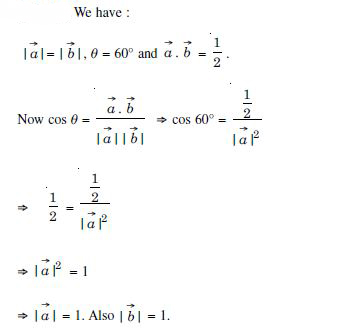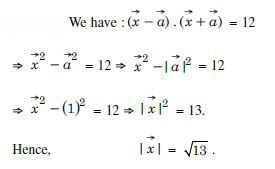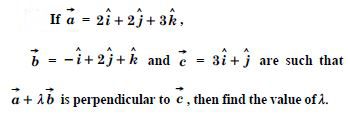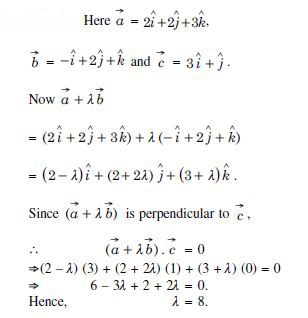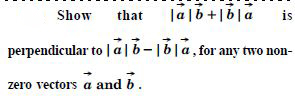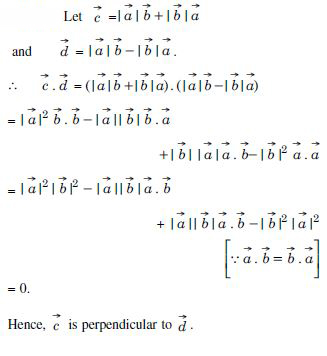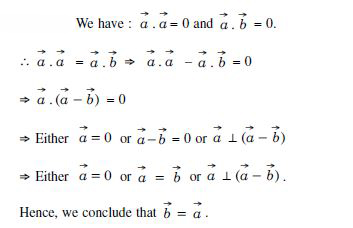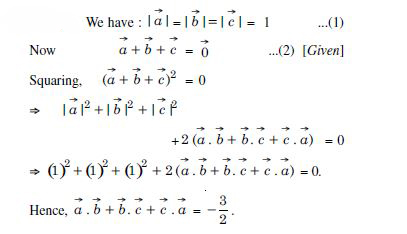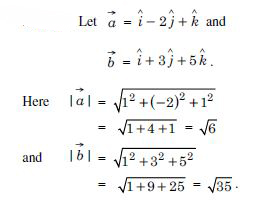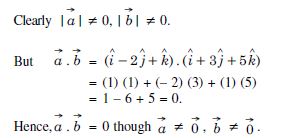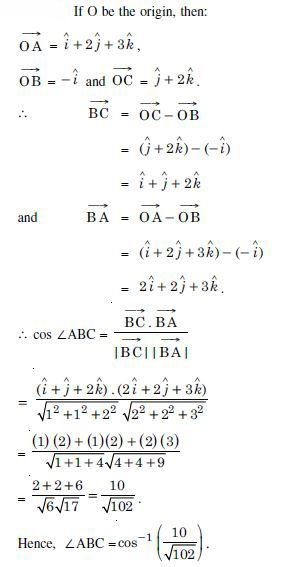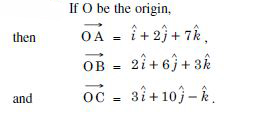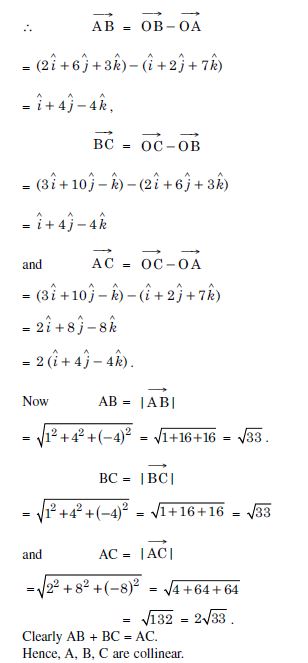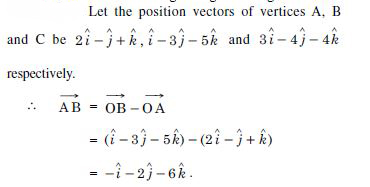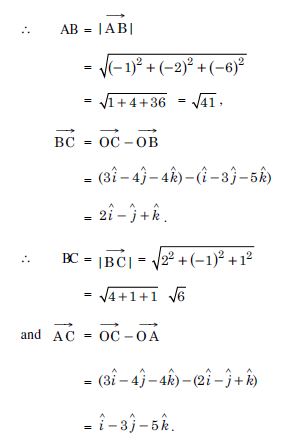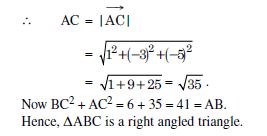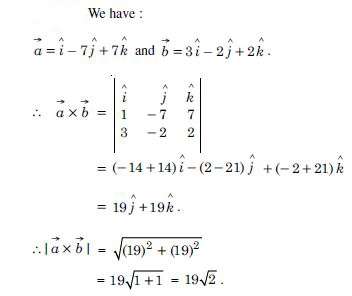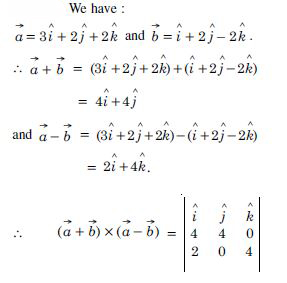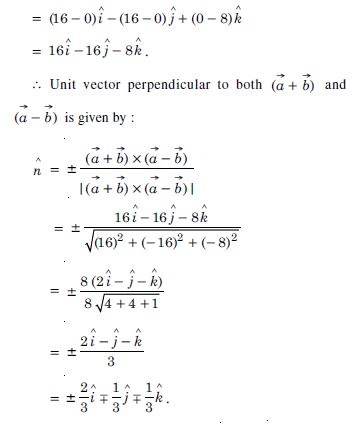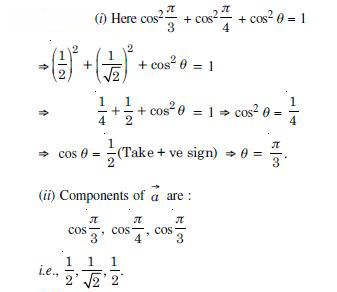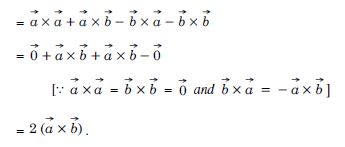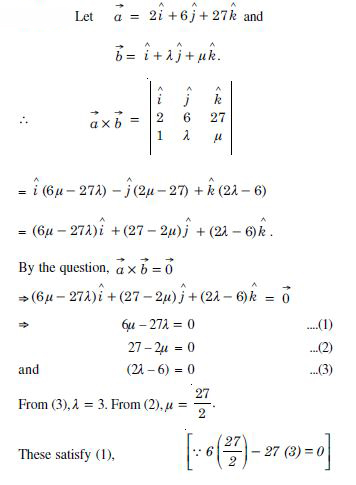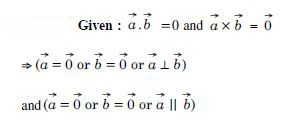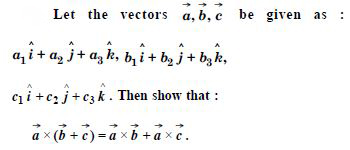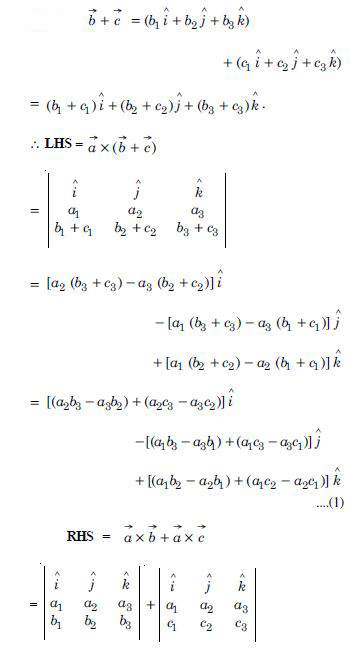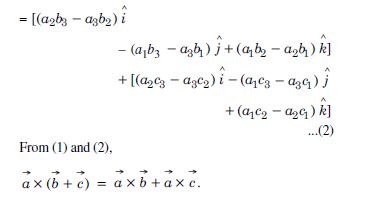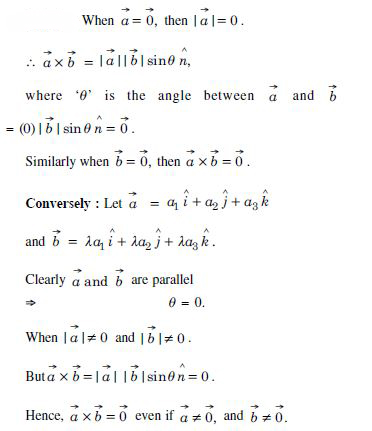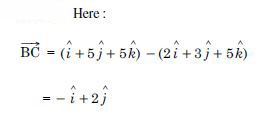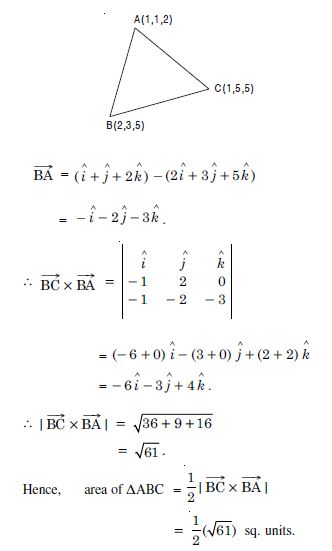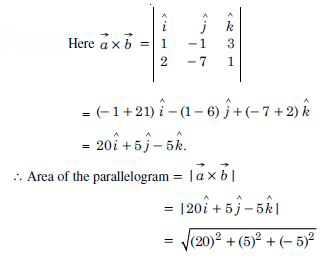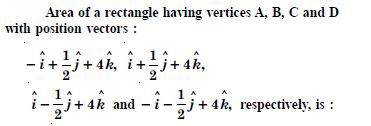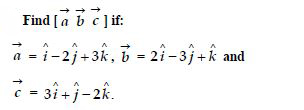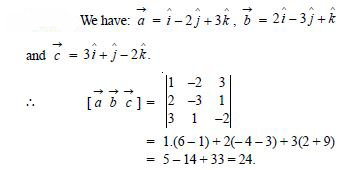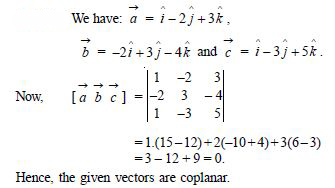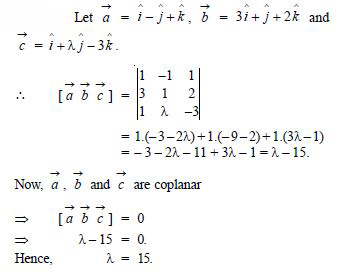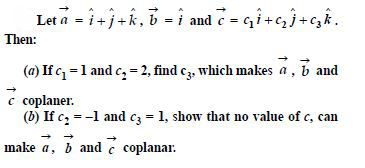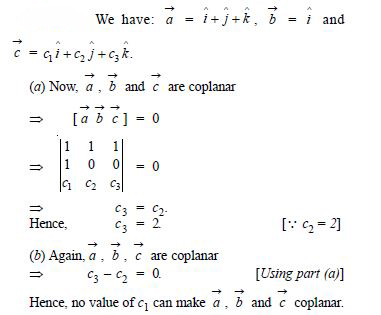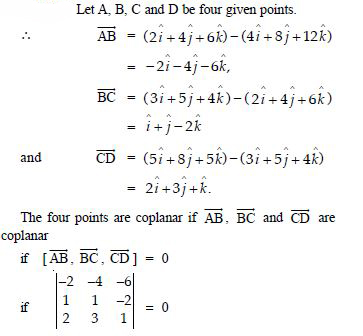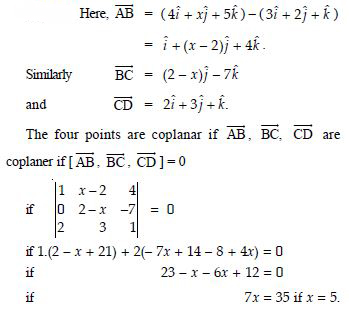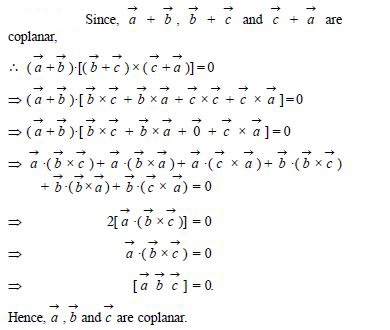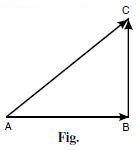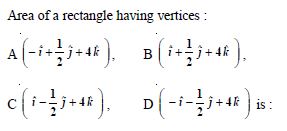Question 1:
Represent graphically a displacement of 40 km 30 east of north.
Answer:
Draw a line segment of length 4 cm on the right of ON, making an angle of 30° with ON, where
Scale : 1 cm = 10 km.
Question 2:
Classify the following measures as scalars and vectors :
(i) 10 kg
(ii) 2 metres north-east
(iii) 40 (iv) 40 watt
(v) 10–19 coulombs (vi) 20 m/s2.
Answer:
Classify the following as scalar and vector quantities :
(i) time period (ii) distance
(iii) force (iv) velocity
(v) work-done.
Question 3:
(i) Scalar (ii) Scalar
(iii) Vector (iv) Vector
(v) Scalar.
Answer:
In the figure, (square) identify the following vectors :
(i) Co-initial (ii) Equal
(iii) Collinear but not equal.
Question 4:
Answer:
Question 5:
- TRUE
- FALSE
Answer:
TRUE
Question 6:
The collinear vectors are always equal in magnitude.
- TRUE
- FALSE
Answer:
FALSE
Question 7:
Two vectors having same magnitudes are collinear.
- TRUE
- FALSE
Answer:
FALSE
Question 8:
The collinear vectors having the same magnitude are equal.
- TRUE
- FALSE
Answer:
TRUE
Question 9:
Answer:
Question 10:
Write two different vectors having same magnitude.
Answer:
Question 11:
Write two different vectors having the same direction.
Answer:
Question 12:
Answer:
Question 13:
Find the scalar and vector components of the vector with initial point (2, 1) and terminal point (– 5, 7).
Answer:
Let A (2, 1) be the initial point and B (– 5, 7) the terminal point.
Question 14:
Answer:
Question 15:
Answer:
Question 16:
Answer:
Question 17:
Answer:
Question 18:
Answer:
Question 19:
Answer:
Question 20:
Answer:
Question 21:
Find the direction – cosines of the vector joining the points A (1, 2, – 3) and B (– 1, – 2, 1) directed from A to B.
Answer:
Vector joining the points A and B
Question 22:
Answer:
Question 23:
Answer:
Question 24:
Find the position vector of the mid-point of the vector joining the points P (2, 3, 4) and Q (4, 1, – 2).
Answer:
Mid-point of the vector joining the points
Question 25:
Answer:
Question 26:
In triangle ABC (see Fig), which of the following is not true ?
Answer:
Question 27:
Answer:
Question 28:
Answer:
Question 29:
Answer:
Question 30:
Answer:
Question 31:
Answer:
Question 32:
Answer:
Question 33:
Answer:
Question 34:
Answer:
Question 35:
Answer:
Question 36:
Answer:
Question 37:
Answer:
Question 38:
Answer:
Question 39:
Answer:
Question 40:
Answer:
Question 41:
Answer:
Question 42:
Answer:
Question 43:
Answer:
Question 44:
Answer:
Question 45:
- = 1
- = – 1
- a = | |
Answer:
Question 46:
Answer:
Question 47:
Answer:
Question 48:
Answer:
Question 49:
Answer:
Question 50:
Answer:
Question 51:
Answer:
Question 52:
Answer:
Question 53:
Answer:
Question 54:
Answer:
Question 55:
Answer:
Question 56:
Answer:
Question 57:
- 1
- 2
- 4
Answer:
2
Question 58:
Answer:
Question 59:
Answer:
Question 60:
Answer:
Question 61:
Answer:
Question 62:
Answer:
if –14 + 20 – 6 = 0, which is true.
Question 63:
Find x such that the four points:
A(3, 2, 1), B(4, x, 5), C(4, 2, –2) and D(6, 5, –1) are coplaner.
Answer:
Question 64:
Answer:
Question 65:
In ABC, which of the following is not true ?
Answer:
Question 66:
Answer:
Question 67:
- = 1
- = – 1
- a = | |
Answer:
Question 68:
- x = 2, y = , z =
- x = , y = 2, z = –
- x = –, y = 2, z =
- x = – , y = – 2, z = .
Answer:
x = –, y = 2, z =
Question 69:
Answer:
Question 70:
- 1 square unit
- 2 square units
- 4 square units
Answer:
2 square units
Question 71:
- 0 < <
- 0 ≤ ≤
Answer:
Question 72:
Answer:
Question 73:
- 0
- -1
- 1
- 3
Answer:
3
Question 74:
- 0
Answer:
Question 75:
- 42

